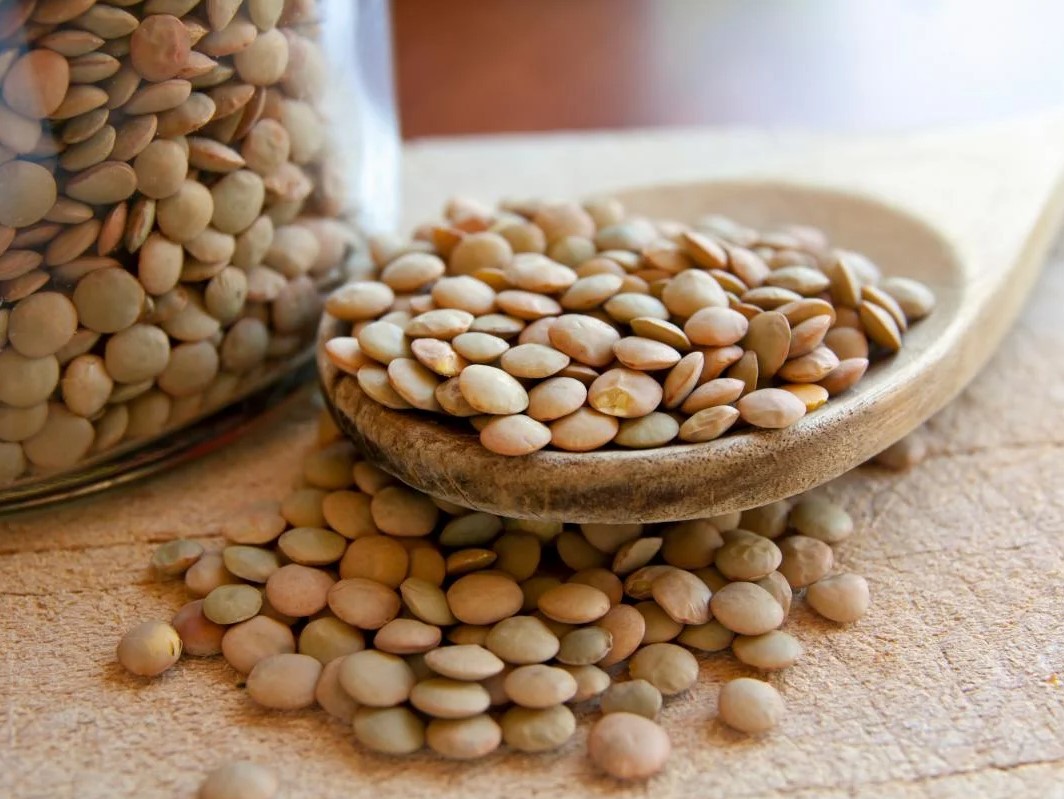Can Cats Eat Lentils?
Cats are known for their picky eating habits, and as responsible pet owners, we often wonder what foods are safe for them. One common question is, “Can cats eat lentils?” Lentils, being a nutritious legume for humans, might seem like a healthy snack for our feline friends. But is this assumption correct? In this article, we’ll explore whether lentils are safe for cats, their nutritional value, potential health benefits, and risks. Follow Cat Memorial Stones !!
Can Cats Eat Lentils?
Yes, cats can eat lentils, but it’s not recommended as part of their regular diet. While lentils are not toxic to cats, they don’t offer much nutritional value to felines. Cats are obligate carnivores, which means their bodies are designed to get nutrients primarily from animal-based proteins. Lentils, being plant-based, don’t meet the nutritional requirements cats need to thrive.

Nutritional Value of Lentils
Lentils are rich in fiber, vitamins, and minerals such as iron, folate, and magnesium. For humans, they are a great source of plant-based protein and are often used in vegetarian and vegan diets. However, the nutrients found in lentils are not easily digestible for cats.
- Fiber: Lentils are high in fiber, which may benefit humans but can cause digestive issues in cats, leading to diarrhea or upset stomach.
- Protein: Lentils contain plant-based protein, but cats need animal proteins to meet their amino acid requirements, particularly taurine, which is not present in plant-based foods.
- Vitamins and Minerals: Although lentils contain various vitamins like folate and minerals like iron, cats get these nutrients more effectively from meat sources.
Are Lentils Beneficial for Cats?
Although lentils are safe in small amounts, they don’t provide any significant health benefits to cats. The feline digestive system is not built to handle high-fiber, plant-based foods, so feeding lentils could cause more harm than good.
Here are some reasons why lentils are not beneficial for cats:
- Lack of Taurine: Cats require taurine, an essential amino acid found in meat. Without sufficient taurine, cats can develop heart issues (dilated cardiomyopathy) and vision problems.
- Digestive Issues: Lentils are high in fiber, which can be difficult for cats to digest. Too much fiber can lead to bloating, gas, or diarrhea.
- Incomplete Protein: While lentils contain protein, it’s not the type of protein that cats need. Animal-based proteins provide essential amino acids that plant-based foods cannot.
Potential Risks of Feeding Lentils to Cats
While a few lentils won’t harm your cat, feeding them regularly or in large quantities can lead to several health issues:
- Gastrointestinal Upset: Due to the high fiber content, lentils can upset your cat’s stomach. Symptoms include bloating, gas, vomiting, or diarrhea.
- Inadequate Nutrition: Relying on plant-based foods like lentils can result in nutrient deficiencies in cats. They need a diet rich in animal proteins, fat, and specific vitamins like A and D, which are found naturally in meat but not in plant-based foods.
>>> Read: Can cats eat cockroaches?
How to Safely Feed Lentils to Cats

If you’re still curious about offering lentils to your cat, it’s crucial to do so in moderation. Here’s how to safely offer lentils:
- Cooked Only: Always serve cooked lentils. Raw lentils are harder for cats to digest and may contain anti-nutrients that can interfere with their digestion.
- Small Portions: Keep the portion size extremely small. A tablespoon of cooked lentils as an occasional treat is more than enough.
- Plain Lentils: Don’t add any seasonings, spices, or oils. Ingredients like garlic, onion, salt, and certain spices are toxic to cats.
- Monitor Your Cat: After feeding lentils, keep an eye on your cat for any signs of digestive discomfort, such as vomiting or diarrhea.
Healthy Alternatives to Lentils for Cats
Instead of lentils, there are many cat-friendly treats and foods that are much more suitable for their dietary needs:
- Cooked Chicken or Turkey: These lean meats are an excellent source of protein and nutrients for cats.
- Fish (in moderation): Salmon or tuna can be offered occasionally, providing omega-3 fatty acids that benefit your cat’s skin and coat.
- Catnip or Cat Grass: While not nutritionally significant, these plants can serve as safe, enjoyable treats for your cat.
- Commercial Cat Treats: Many high-quality commercial cat treats are formulated to meet your cat’s dietary needs and provide the nutrition they require.
Can cats eat lentil chips?
While lentils themselves are not toxic to cats, lentil chips are generally not recommended.
Here’s why:
- High in salt and fat: These ingredients can lead to health problems like obesity, heart disease, and kidney issues in cats.
- Seasonings: Many lentil chips are seasoned with spices or flavorings that can be harmful to cats, especially if they contain garlic or onion.
- Lack of nutritional value: Lentil chips don’t provide the essential nutrients cats need, such as taurine and animal protein.
It’s best to stick to a diet specifically formulated for cats. If you want to give your cat a treat, consult with your veterinarian for safe and appropriate options.
Can cats eat lentils soup?
While lentils themselves are generally safe for cats to eat, the ingredients in lentil soup can pose a risk.
- Garlic and onion: These common ingredients in lentil soup are toxic to cats.
- Excessive sodium: Many lentil soups are high in sodium, which can be harmful to cats.
If you want to offer your cat a lentil-based treat, consider these options:
- Plain lentils: Cook them without any added seasonings or oils.
- Commercial cat food: Some cat foods contain lentils as a protein source.
Always consult with your veterinarian before introducing new foods to your cat’s diet. They can provide personalized advice based on your cat’s health and nutritional needs.
Final Verdict: Should Cats Eat Lentils?
In conclusion, while cats can eat lentils, it’s best to avoid feeding them regularly. Lentils don’t provide the nutrients that cats need and may cause digestive problems if fed in large quantities. Always prioritize animal-based proteins for your cat’s diet, and consult your veterinarian if you’re unsure about adding new foods.
Remember, every cat is different, and some may tolerate small amounts of lentils better than others. However, the safest route is to stick to a balanced diet specifically designed for cats, ensuring they get the right nutrients for their health and well-being.
>>> Read: Can cats eat lizards?
